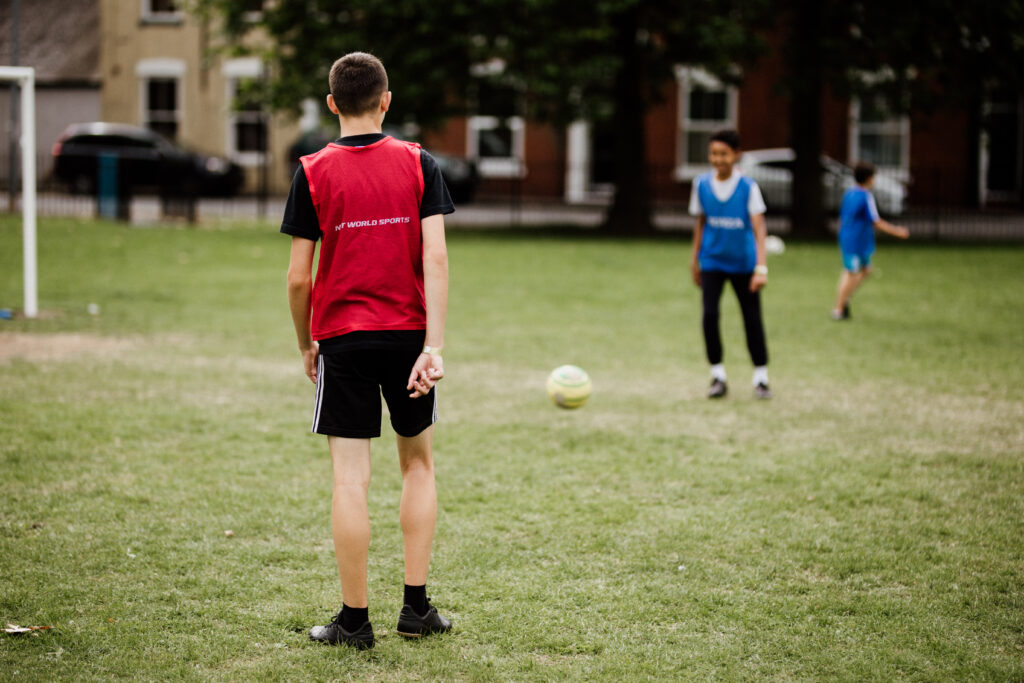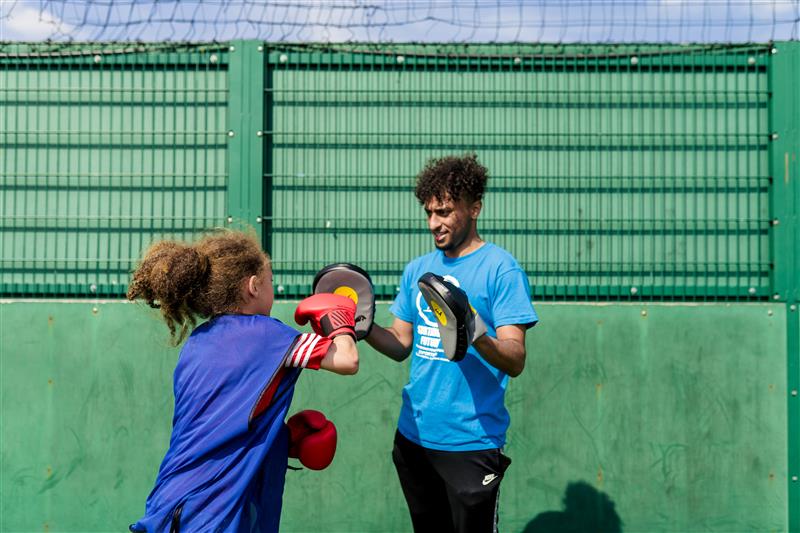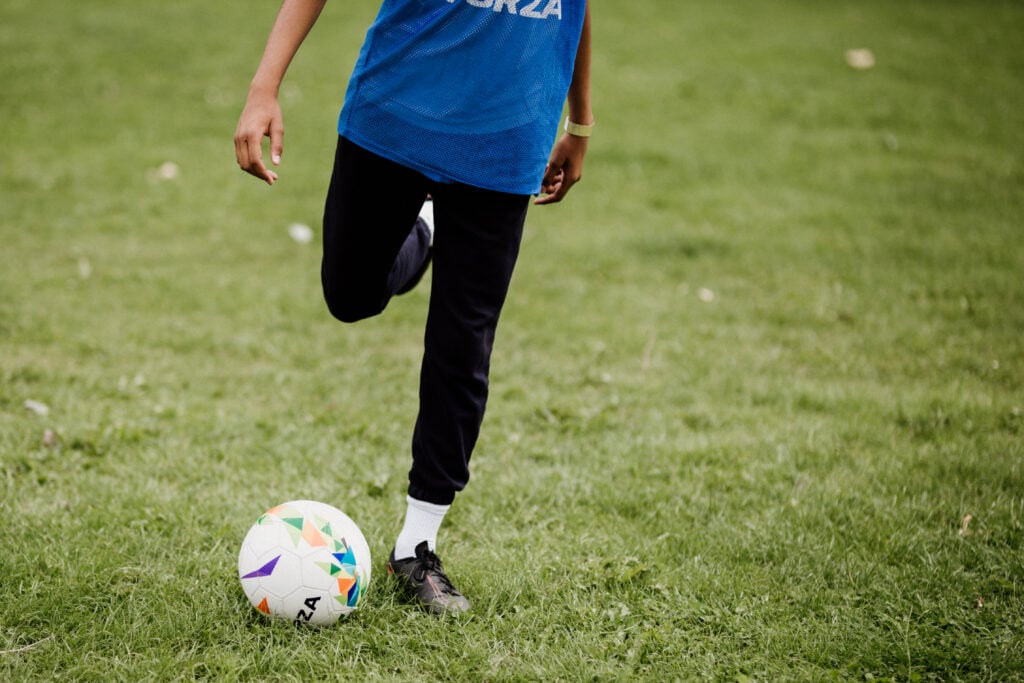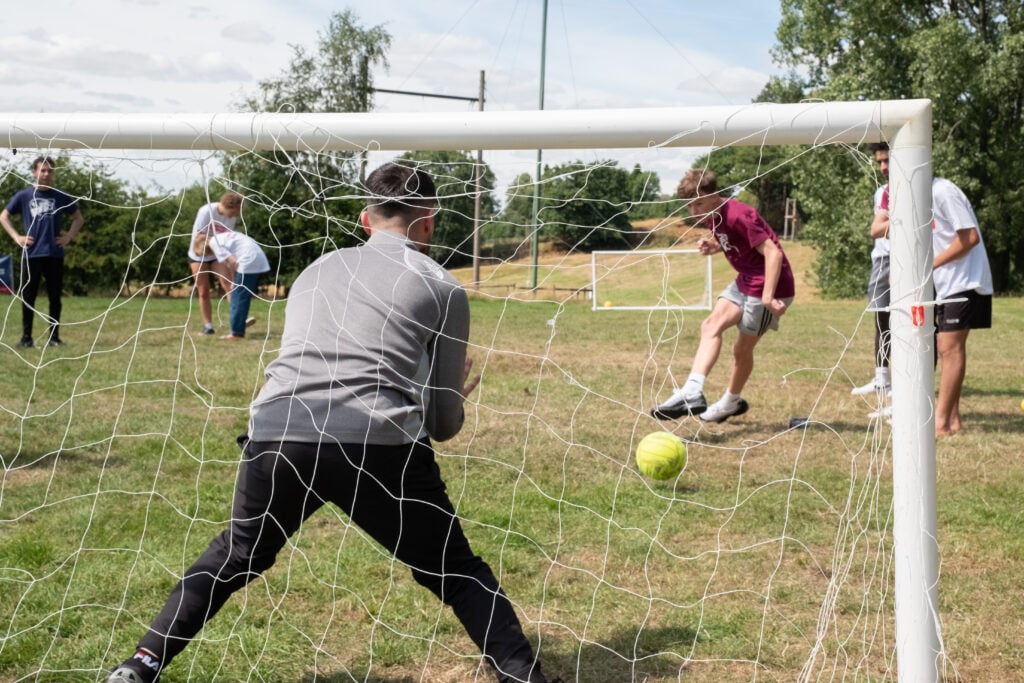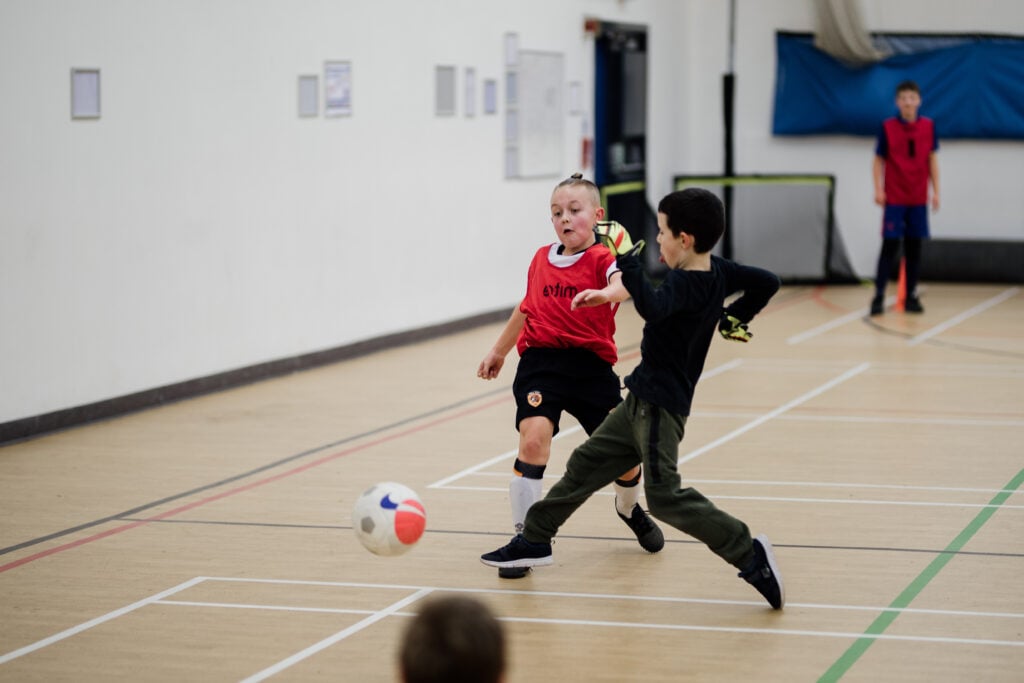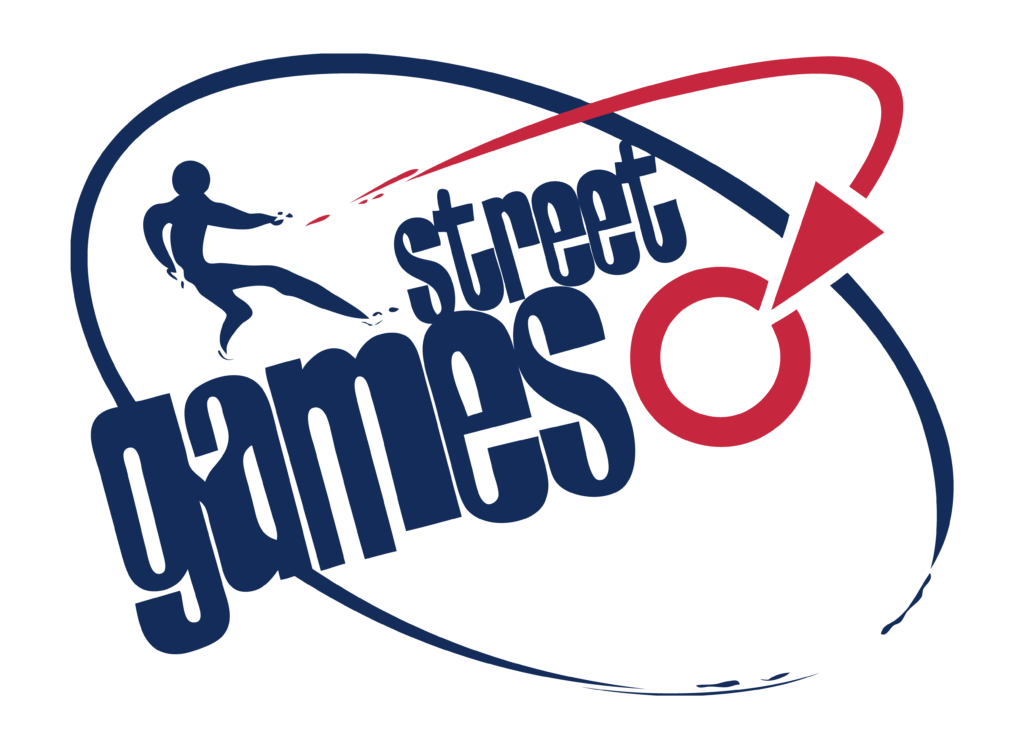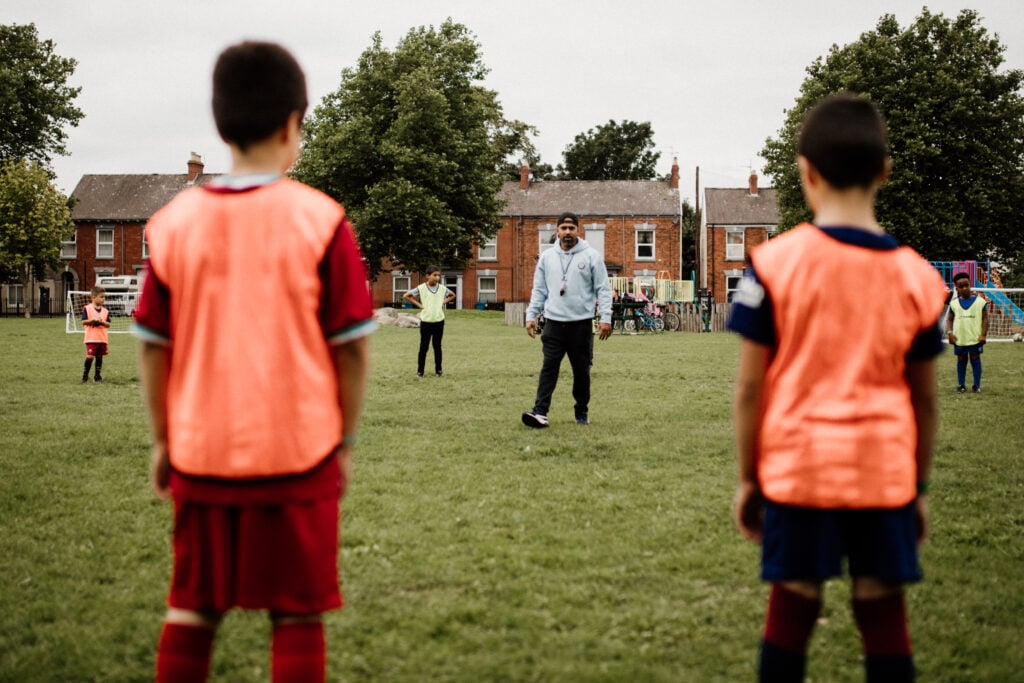Written by Stuart Felce – UK Director, Sport and Community Safety
The launch last week of the evaluation report for the Youth Justice Sport Fund (YJSF) made for hugely encouraging reading.
The fund managed by StreetGames, with support from the Alliance of Sport in Criminal Justice and the Sport for Development Coalition is the first of its kind delivered by the Ministry of Justice, and forms part of the government’s wider £300m investment into youth justice services over the next three years. Launched in December 2022, the programme allocated £5 million across 220 trusted community organisations nationwide.
In total, the programme successfully engaged over 7,800 young people, with 82% of them coming from 40% most deprived areas, providing them with structured sports activities and additional personal development opportunities. Many of these young people also had additional vulnerabilities including being excluded from school, poor mental health and wellbeing, involvement in gangs, and other challenging life circumstances. It’s a great result for the programme, and a real validation of the idea that sport can be a powerful tool in supporting vulnerable young people to avoid the criminal justice system.
At StreetGames, we have long recognised that for young people who are at greater risk of offending, sport can provide a twin-track approach that prevents them entering the Youth Justice System and towards activities that build strengths, capacities and potential, whilst emphasising positive behaviours and outcomes. The opportunities for engagement and for ‘relationship building’, in and through sport, provide a valuable medium through which to offer this twin-track approach to empower young people to develop social capital and pro-social identities.
By connecting young people to their communities, and providing them with inspiring opportunities, StreetGames works to tackle boredom and alienation, to connect young people with trusted mentors and with each other, and to offer young people the chance to learn new skills, make new friends and grow in confidence. The highly-qualified tutors and local volunteers who deliver these programmes are deeply rooted in their local communities, and provide not only structure and expertise but living, breathing proof of the transformational power of sport –and empowering at-risk young people with a child centered approach that puts their needs at the heart of the offer. Our community safety programmes promote a child first, pro-social, preventative approach to youth crime and violence.
It’s an approach rooted in over 8 years of learning and best practice. Since 2015, StreetGames has been working to strengthen the links and relationships between the Criminal Justice and Community Sport sectors, to build evidence and understanding of how sport can play a more effective role in tackling youth crime and anti-social behaviour. Working alongside academics at Loughborough University, several literature reviews were developed exploring the role sport can play in supporting vulnerable young people. The first literature review summary was published in 2019 and looked at why young people offend, the role of sport in promoting desistance and early interventions for young people at risk of offending, and was developed in order to facilitate shared understanding between partners who are working together to develop creative ways to harness the power of sport to bring about positive change in the lives of young people who may be at risk of offending or who have already begun to offend. A second review focused on early intervention and prevention — one of the four key themes within the Serious Violence Strategy — and summarised current evidence around the most appropriate and effective ways of utilizing sport in this context.
StreetGames’ core offer is Doorstep Sport, sport and physical activity delivered at the right time, in the right place, by the right people, in the right style and at the right price (usually free of charge). The successful application of Doorstep Sport can help people and communities to mitigate the effects of the multiple issues they face.
Our methodology for the delivery of that offer is to support and work alongside the Locally Trusted Organisations (LTOs) that operate at the heart of underserved communities – the StreetGames network. These organisations are operated by the community, for the community, and have the respect and legitimacy to work with local people in a meaningful way.
In 2015, it was this approach that was used when Hardyal Dhindsa, the Police and Crime Commissioner for Derbyshire, created a two-year Sport and Crime Prevention programme. This Home Office-funded initiative mobilised eight other Police and Crime Commissioners (PCCs), as well as Network Rail – with StreetGames acting as the lead project management agent.
The programme also commissioned researchers from Loughborough University to evaluate and identify the critical success factors underpinning effective sport-based projects that contributed to community safety. Their goal was to create an evidence base that illustrated how sporting involvement can work to reduce youth offending and anti-social behaviour (ASB).
The project involved eight community organisations in the StreetGames network that piloted doorstep sport initiatives in their area.
– Over 800 doorstep sport sessions were provided
– Over 500 participants took part of which 69% were male. Most we aged 14-19 years
In the 5 pilot areas where relevant police data could be accessed, ASB rates saw a statistically significant fall in two of the localities, as well as a statistically insignificant drop in a further area Just as important, many of the participants reported that the projects had helped them to develop personally across a range of key factors, with 69% reporting they were more motivated to engage in activities now and 62% saying they are more confident and better able to communicate.
Since then, we’ve used this learning to develop similar community safety focused programmes right across the country, from Kent to Manchester. This growing body of best practice also fed into the Theory of Change, developed in partnership with Loughborough University which explains how sport can be used to enhance positive outcomes for young people in the context of serious youth violence.
Since the creation of Violence Reduction Units (VRUs) in 2019, StreetGames has worked to build mutually beneficial partnerships in a number of these locations including Greater Manchester, Cleveland, Thames Valley, West Midlands, Nottinghamshire, Leicestershire and Essex, with more on the horizon! The value attributed by VRUs, to StreetGames approach is the ability to understand the importance of community challenges and the value of taking a pro-social, preventative approach to intervention design and investment. The alignment of these values has seen partnerships that blend together the vulnerabilities faced by young people, with the effective solutions offered by Locally Trusted Organisations (LTOs) in those communities, to prevent young people from entering the criminal justice system.
In addition, since 2020 StreetGames have acted as the Secretariat to create the PCC/VRU Sport and Serious Youth Violence Prevention Board. Chaired by Steve Turner, PCC for Cleveland and joint national portfolio lead for all PCCs for Serious violence, the Board aims to bring together key national and regional stakeholders to build greater understanding and value when aiming to use sport to prevent youth crime and violence. Taking a sector wide approach it acts as the key central platform, gathering key stakeholders to explore critical areas of focus including: strategic alignment and partnerships; evidence-based approaches to monitoring evaluation and learning (MEL); and investment and commissioning principles.
The YJSF is a fantastic achievement for the hundreds of community organisations – their coaches, leaders and volunteers who delivered this initiative, and another landmark step in the development of sports-based approached to community safety. We need to keep building on these successes and keep working towards the goal of ensuring a suitable sporting offer is available in every neighbourhood and community.
